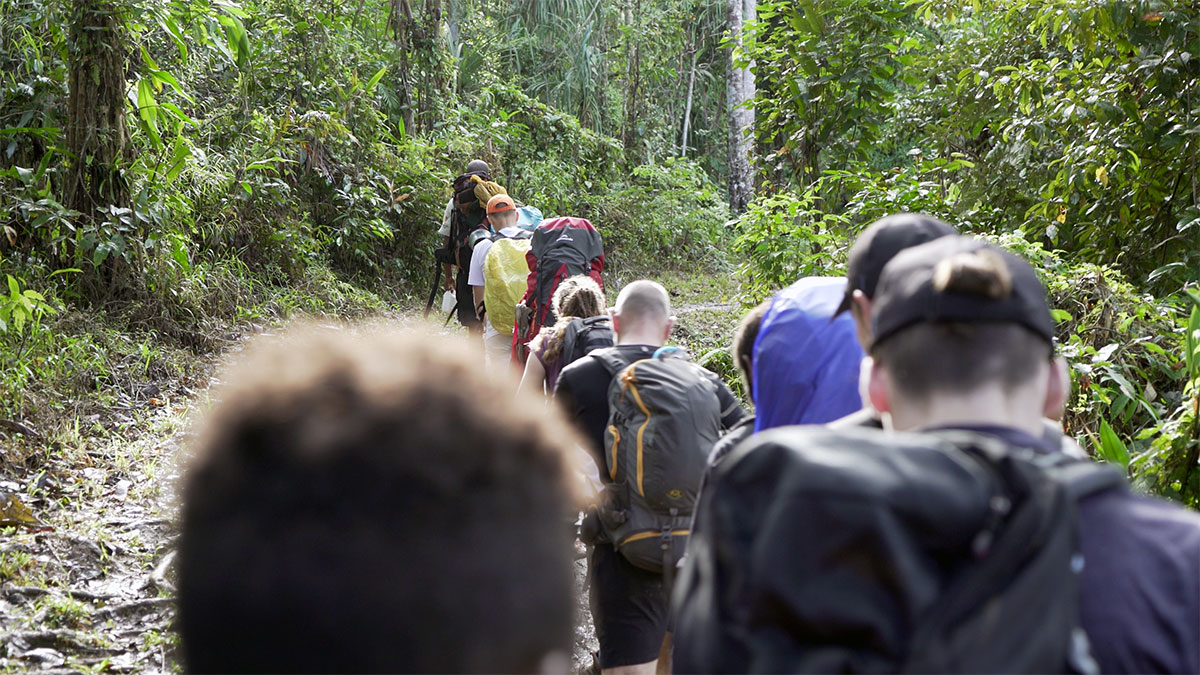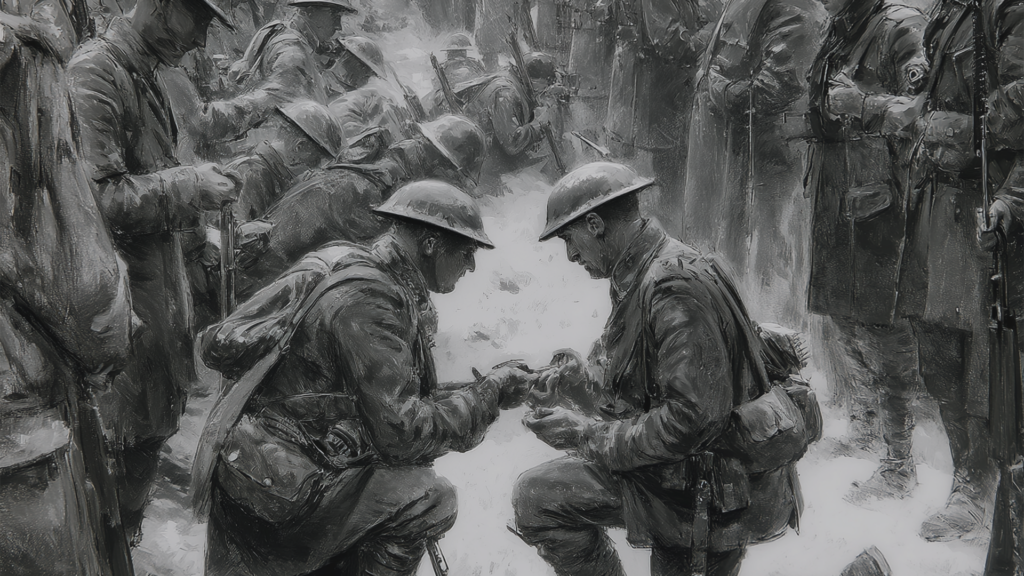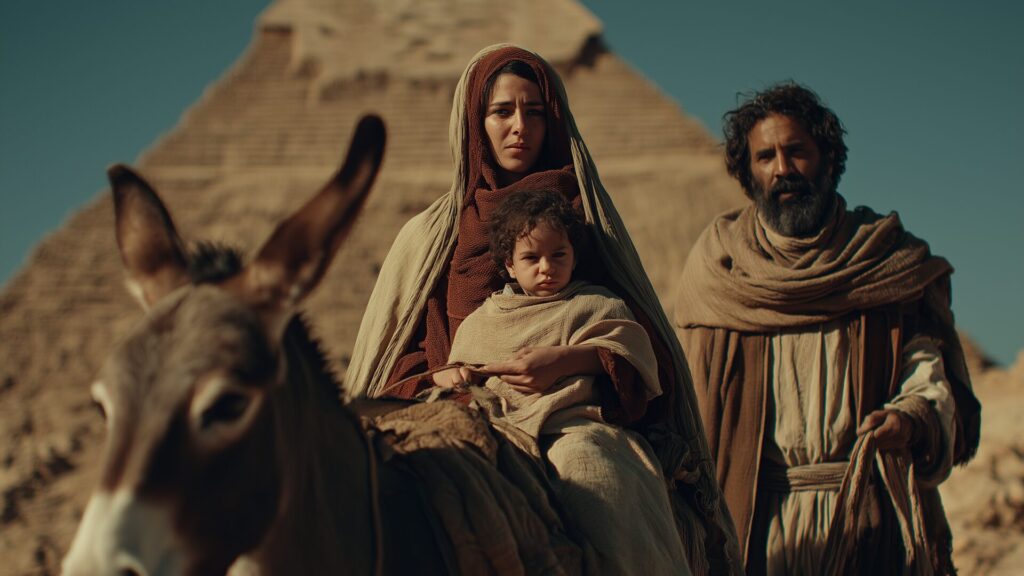The young minister stood silently, trying to control his emotions as tears ran down his cheeks. Senior (his name) is the pastor at Kagi and the surrounding villages on the Kokoda Track in Papua New Guinea’s rugged interior. He was there to give a welcome speech to me and the 25 others from Australia, New Zealand and Papua New Guinea who were walking the Kokoda Track with ADRA for the 10,000 Toes Campaign (dealing with type 2 diabetes in the South Pacific).
We were to spend the Sabbath there in Kagi. Senior is a Koiari, the tribe of people who span the Kokoda Track, but from another village more than two days’ walk away. When he finally spoke, his words were full of meaning: “Thank you for coming in the footsteps of the pioneer missionaries who brought the gospel to us and changed our lives. Thanks for being a leader who remembers the past and does not forget people like us in the remote places of our Division.” There was more but I (and others in our group) was struggling with my own emotions and I don’t remember everything he said. Thankfully, there was a welcome song and throwing of flowers at us before I had to respond.

This was just one of the dozens of welcome ceremonies we experienced along the track. At each village we were welcomed as honoured guests. Besides food and flowers, we were given bilums (woven carry bags), bush hats (tree bark and pandanas weave) and food.
Some villagers walked up to four hours just to see us, welcome us at a rest point and give us food. We shook hands with all of them—sometimes up to 300 people. The hospitality was overwhelming.
Our war history guide, former Adventist pastor Adrian Clack, has walked the track 13 times and says he has never seen such generous hospitality. There were speeches, songs (the favourite: “It’s not an easy road”) and prayers. Whether on tree stumps or grassy hills or in a village church, I shared a biblical message to encourage faithfulness to Jesus and His truth. Gad Koito, PNGUM Health director, spoke about how to live a healthy life that would help prevent type 2 diabetes.

The Kokoda Track is steep. Nothing really prepares you for continual climbs on rocks and tree roots that go straight up or the slippery descents in red, brown, grey, black and a combination colour of mud. The jungle either side of this main thoroughfare is often very thick. My respect for the early Adventist missionaries and the Australian Diggers who traversed this track long before us has grown immensely. Both were at war.
When the Seventh-day Adventists came to Papua New Guinea in 1908, all of the coastal area and most of the country had been divided up by the various mainline denominations. We were not welcome. However Septimus Carr, the first Australian Seventh-day Adventist missionary there, accepted the challenge to work among the Koiari tribe on the Sogeri plain and established a mission station at Bisiatabu about 50 km from Port Moresby. The other churches did not want to work with these people who were fierce fighters, cannibals, worshipped ancestor spirits and practised sorcery. This meant spiritual warfare. [pullquote]
Fijian missionary Peni Tavodi was the first foreigner to walk Kokoda. When he eventually lost his life from a snake bite, he had only seen one young person come to faith in Jesus in eight years.
Besides Tavodi and the Carrs, G F Jones walked some of the track—with no outside support. By the mid-1920s Australian missionaries, the Locks, had established a mission station in Efogi. Most villagers on the Port Moresby side of the track, up to Kagi, had become Seventh-day Adventists by 1942 when the war between the Australian and Japanese arrived. After the war, local Koiari missionaries took the gospel message to the rest of the villages all the way to Kokoda.
There is a new war on the Kokoda Track—still spiritual but now a matter of lifestyle. The 5000 Australians who walk the track yearly want Western food and drinks to buy as snacks. Western processed foods are a major contributor to lifestyle diseases like type 2 diabetes. Please pray for the faithful Adventists along the track—that they maintain a strong witness for truth and health.






